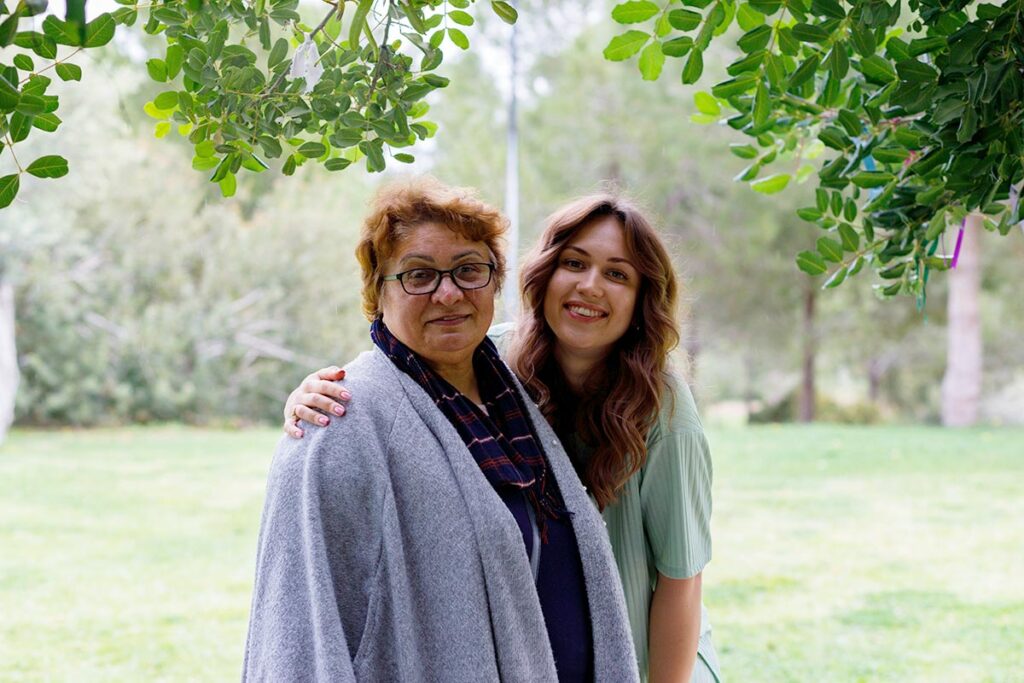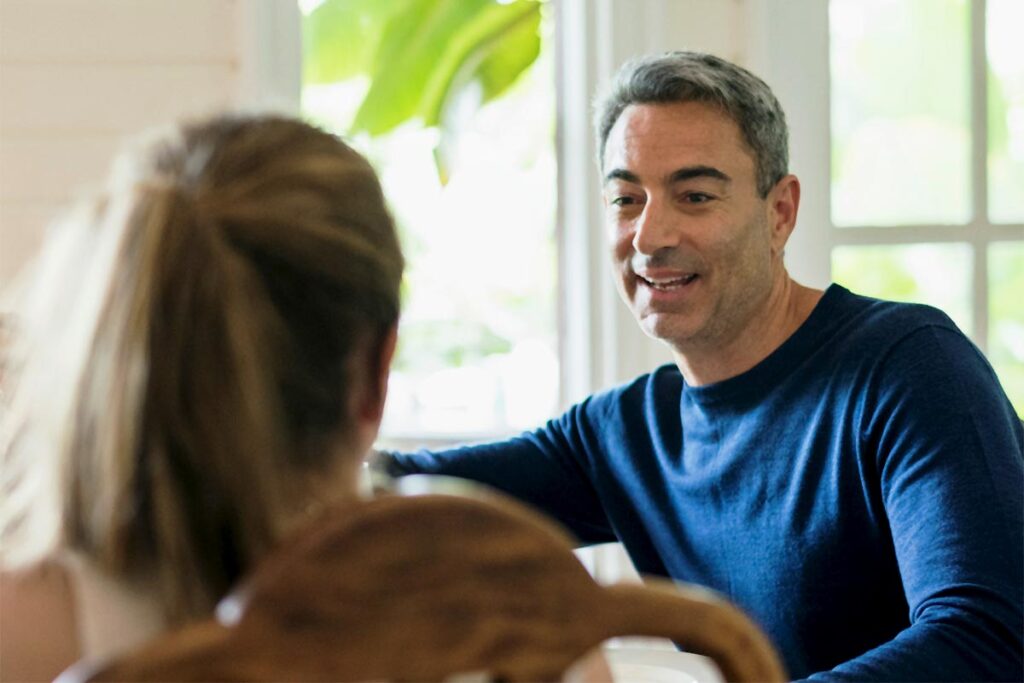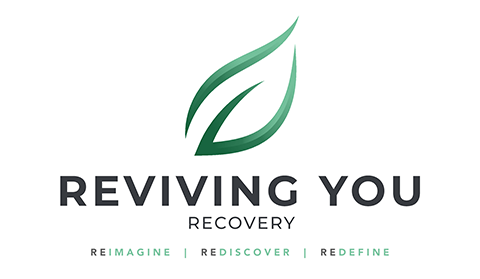How to Provide Parental Support After Your Loved One Completes Treatment

If your loved one is graduating from a rehab program, it’s not the end of their recovery. Instead, for many, it’s just the beginning. No matter what your loved one has learned while in therapy, they have to take that and adapt it to life outside of rehab, including with their work, with interpersonal relationship and family stress, and with facing themselves and triggers without the support of people constantly being around to help. At the same time, they have to make those decisions, learn those skills, and learn to navigate life on their own, so they have the skills to stay in recovery.
As a parent, offering support means walking a fine line between being there and trying to give your child autonomy and independence to figure out who they are now and what they need now. Much like the idea of “self-soothing” for babies, your child has to learn how to manage things on their own, but should still be able to ask for help, to have a parent listen to them, and to feel like support is there whenever they need it. That can be a difficult line to walk and it may be important for you to seek out therapy and help yourself.
Learn About Substance Use Disorders
The first step to offering support is usually learning what’s wrong to begin with. For most of us, understanding what’s actually going on with substance use disorders means unlearning a lot of what we were taught about them. The medical understanding of substance use disorders is different today than it was 20 years ago. Yet, the popular understanding of substance use disorders is often 50 or more years out of date. We see substance abuse and dependence with stigma rather than treating it like a behavioral health disorder and that can very negatively impact your ability to offer support to your child.
Here, it’s important to read, to learn about what substance use disorder is, to look into the motivations behind using, and to talk to your child about them. For example, stress is one of the most common factors behind substance abuse. Exposure to trauma before the age of 16 is another. People use for a wide variety of reasons including stress, social isolation, feelings of isolation or loneliness, poor coping abilities, poor emotional regulation, and even genetic vulnerability.
Most people drink and use as a form of self-medication, meaning they’re trying to improve or escape from other problems, which can dramatically change your perspective on substance abuse.
Ask What Your Child Needs
It’s important to keep in mind that you should ask your child what they need. What will support look and feel like to them? What will feel good to them? Do you have a good relationship with them? Sitting down and having an honest conversation and asking questions can be the best way to go. That means asking questions like:
- “I want to support you where I can but that needs to feel good for you. Where can I help or be supportive to you?”
- “Would you like me to do X for you for a few months and see if that helps” (X can be ‘call you daily for an hour so you can talk’, ‘pick you up from work and drive you home so you have accountability’, ‘come over on weekends so you don’t have to be alone’)
- “What would you like from our relationship moving forward?”
Different people need different things. It’s important to involve them in the process so they can take ownership of that part of their recovery as well. And, that’s the healthy thing, because investing in asking for help from support networks is an important part of recovery.

Get Your Questions Answered Now

Invest in Ongoing Therapy
Ongoing therapy is often important for both you and for your child. That can mean many things. For example, you might need therapy and support dealing with trauma and coping with change. Your child might need ongoing support for staying clean or sober. You both might want to invest in family and relationship therapy, giving you the tools to rebuild your relationship on a healthy basis, by starting with acknowledging unhealthy relationship factors from the past.
Listen
One of the best things you can do for your loved one is to listen. That means taking part when they ask you to, giving them space when they ask for it, and being open to requests for change or something different. Most people move into recovery and have to figure out who they are without substance abuse. That can mean a great deal of change in their personal life, relationships, and life structure.
In addition, your loved one’s needs may change over time. Something they asked for at the start of recovery may stop being useful, they may want something else, etc. The best thing you can do is to listen. That means being nonjudgmental, expecting and accepting change, and taking things as they come.
Accept Change
Most people send their loved one to rehab hoping to get their loved one back. After rehab, the old you will be back. Unfortunately, that’s basically never the case. Substance abuse changes people. Rehab and recovery change people. Your loved one isn’t going to be the person they were before. Instead, you get your loved one back, changed by the weight of substance abuse, by the input of therapy and counseling, and by things they learn along the way. Best-case-scenario, your loved one comes out of treatment with better emotional regulation, a better understanding of themselves, and a better understanding of who they want to be. They’ll never be exactly who they were before therapy. They might have different goals, different priorities, different things they like to do, a different approach to dealing with arguments or emotional conflict, a different set of hobbies and interests – and it’s up to you to deal with that and accept change as being positive and good for their health. That means letting go of the person you knew before is an important first step to supporting your loved one, because you’re going to have to support the person your loved one is becoming.
Be There
Being there means being present, being open, being nonjudgmental, and being willing to step back or be present as needed. Your loved one has to learn and grow on their own. However, you can make sure that they know you’re there and that you’re willing to help. That means:
- Offering help explicitly. E.g., “hey is there anything you need this weekend”, “I’d love to sit down and listen if you want to talk”
- Practicing nonjudgement, e.g., treating substance abuse, cravings, etc., in the same way as you would someone talking about any other mental health symptoms. E.g., “That sounds really hard to deal with and I hope you can manage, are you using what are you doing to cope with this, is it enough or should we look into getting you more help”.
- Letting go of help given. If you remind someone that you’re putting in work or have in the past, they are going to stop asking. Keep the attitude that you’re investing in the person because you want to not because they need it or because they want you to. You’re doing this for you. That will also go a long way towards ensuring that you can keep offering support.

Eventually, helping your loved one as they move out of rehab and into ongoing treatment often means listening, taking steps to adapt to your loved one’s needs, and being there wherever you can. It’s also important to ensure you’re open for taking your loved one back to therapy or to getting them additional help if they need it. Otherwise, talk to them and figure out what they need and how you can help.
We Accept Most Insurances
We are in network with:









We know insurance coverage can be a source of uncertainty for people. We make sure you have all the information necessary. The great news is health insurance can potentially cover the total treatment costs. If you don't have insurance, we offer cash payment options for our treatment programs and are committed to working with clients regardless of financial situations.
